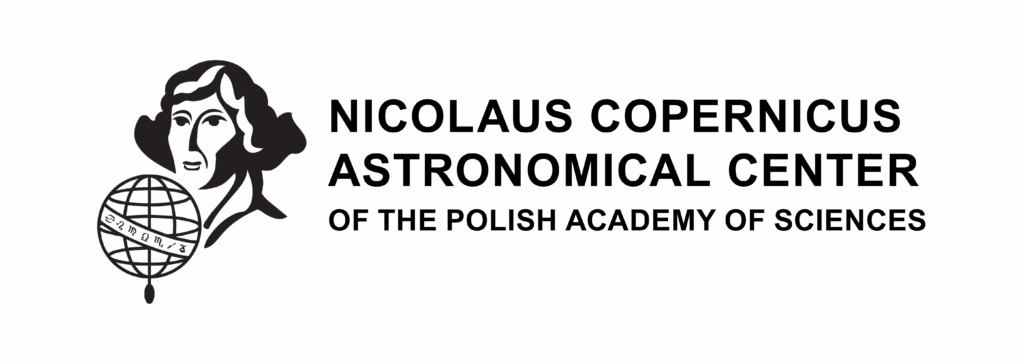Head of AstroCeNT elected to the European Academy of Sciences and Arts
We are happy to announce that the Director of AstroCeNT, Prof. Leszek Roszkowski, has become a member of the European Academy of Sciences and Arts (EASA).
EASA is one of the most prestigious scientific and artistic organizations in Europe. Established in 1990, EASA aims to promote progress in scientific and artistic activities in the spirit of freedom and the search for truth. Its over 2,000 members are scientists, people of culture, art and religion, including 34 Nobel Prize winners and the late Pope Benedict XVI. Among its members from Poland are Prof. Jerzy Buzek, Prof. Michal Kleiber, Prof. Krzysztof Penderecki, Prof. Henryk Skarżyński, Prof. Ryszard Tadeusiewicz, Prof. Jerzy Woźnicki and Prof. Andrzej Zoll.






